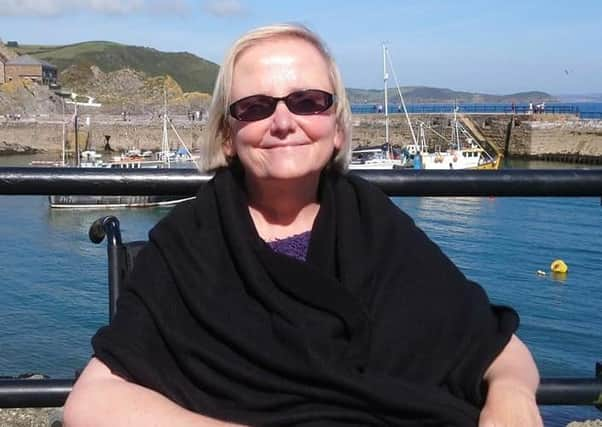LIZ TRETHEWEY: Eastbourne Access Group is 40 years young


The theme of the International Year of Disabled Persons 1981 was “full participation and equality”, defined as the right of persons with disabilities to take part fully in the life and development of their societies, enjoy living conditions equal to those of other citizens, and have an equal share in improved conditions resulting from socio-economic development. Other objectives of the year included increasing public awareness; understanding and acceptance of persons with disabilities; and encouraging persons with disabilities to form organisations through which they can express their views and promote action to improve their situation.
Forty years on what has changed? Back in 1981 we had some legislation and the Education Act for children with special needs came in that year. However, there was no legal right to be treated equally in the UK and the concept of making reasonable adjustments was still years away with the Disability Discrimination Act 1995. It was only as late as 2017 that buses had to become fully accessible and even now there are some gaps for train and buses for full access.
Advertisement
Hide AdAdvertisement
Hide AdThe first meeting of the Eastbourne access group was on March 25 1981 and it was called Access for the Disabled Project meeting. At that meeting the council said they could not afford £10,000 to convert the toilets in the station into a unisex toilet. The work was funded by the Downland Round Table instead. The Arndale Centre (now Beacon) group received a letter of complaint about the high cost of long stay parking. It was agreed at the meeting that a notice should be placed outside the entrance barrier warning patrons of low headroom in the car park. The recommendation was to use the slip road in the Ashford Road entrance to the centre for disembarking disabled passengers. The access group asked British Rail to mark off two bays in their car park for mini buses and ambulances.
Sadly parking for wheelchair accessible vehicles (WAVS) still remains a real problem in Eastbourne in 2021 and local car parks with low headroom exclude many disabled children, adults and their families. With the widening of eligibility for the blue badge scheme in 2019 to people with non visible impairments such as cognitive impairments and some mental health or learning impairments the increasing demand on very limited blue badge parking spaces in town centres means it is getting even more difficult for disabled people to shop, visit the cinema, eat out and socialise with their families in Eastbourne centre.
Forty years on we still have a long way to go to remove access barriers and realise equality and inclusion for disabled people of all ages. The fight goes on.